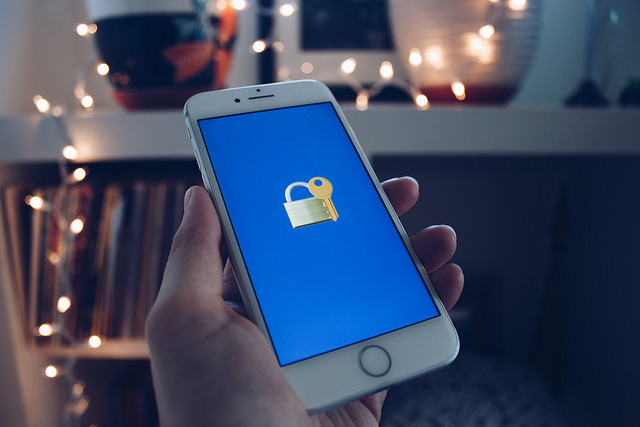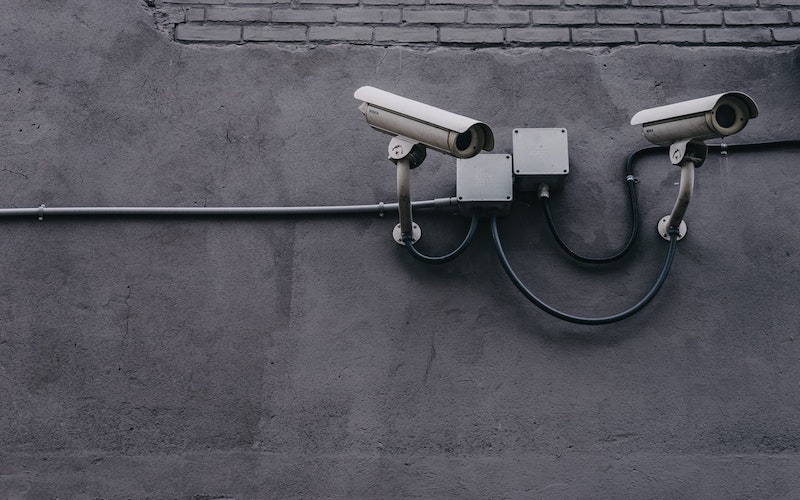By James Matthews
Building a reputable brand is the key to success for any business. Regardless of how strong a product or service is, the traction it gains will depend on how the general public rates its image. An example of how public perception can turn an otherwise successful business into one on the verge of bankruptcy is SeaWorld.
After the documentary Blackfish was released in 2013, the company saw revenue drop by 84%. Despite a $10 million cross-market advertising campaign designed to repair the theme park’s broken reputation, a 2014 poll by Consumerist named SeaWorld one of America’s worst companies.
In essence, protecting a brand is as important as building one but how can you do it? Thanks to the continued evolution of online technology, there are more ways than ever to safeguard a company’s reputation. However, as is often the case, modern innovations are best complemented by established processes.
Here are four ways to protect a business brand:
1. Make Sure You Own It
Once you’ve established a strong brand, trademarks and copyright patents are crucial. Try to launch a product called “i-Something” into today’s world and Apple will probably hit you with a lawsuit before the end of the working week.
Consumers are driven by brands, so legally protecting what you’ve created is important. In fact, as Zach Binder, director of digital marketing operations at American Addiction Centers, has pointed out, trademarks protect your from being sued. In his words, it’s not uncommon for companies to steal material, copyright it, and then sue you!

2. Target Plagiarists
Online marketing is a great way to spread the word. With the International Telecommunication Union estimating that over 51.2% of the world’s population are now active internet users, a well-written article can take your business to a new level. However, while tech is making it easier to distribute content, it’s also made it easier to copy it.
To prevent someone from stealing your material and piggybacking off of your reputation or ruining it, you need stop plagiarists. Platforms such as Copyscape allow you to scan the internet for stolen versions of your text. White Smoke offers a similar service but through the convenience of a mobile app.
3. Insure Yourself
Assuming you can’t stop someone from stealing your material or defaming your business, the only appropriate action is of the legal variety. Suing someone that’s trying to destroy your brand can not only resolve an issue quickly but also send a message to others.
Although most businesses see insurance as necessary to protect against workplace injuries, modern policies also cover issues that can affect your reputation. For example, professional liability at next-insurance.com protects policy holders against false advertising, employment disputes and intentional wrongdoing. In essence, you’re able to take out insurance against someone tarnishing your reputation through false advertising, personal vendettas and fraudulent claims.

4. Monitor Your Mentions
The final way to protect your brand in the open waters of the internet is to monitor social media. With anyone able to say anything about anything, an unsubstantiated claim can quickly snowball into an avalanche of abuse. Mention is a great way to identify purveyors of negativity on social media networks. Although the product is best used to identify social media influencers who can help your brand grow, it’s also a great way to find lies or damaging comments about your business.
By using Mention’s software to scan Twitter and Facebook, you can get a complete list of mentions about a campaign, product, or business. This should allow you to filter out the negative noise and keep your brand safe.
This, in conjunction with our other top tips, should bubble wrap your brand and keep your business safe.










